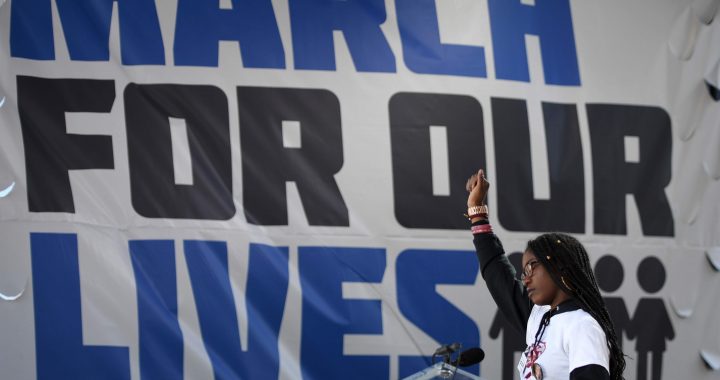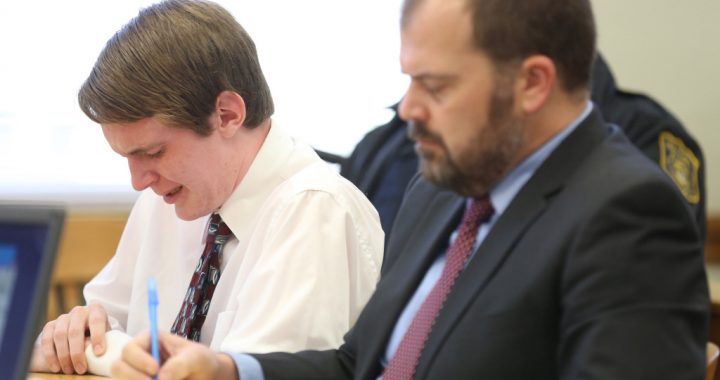Learn More
Website: www.drugawareness.org & www.ssristories.drugawareness.org
Author: Prozac: Panacea or Pandora? – Our Serotonin Nightmare
& CD or audio tape on safe withdrawal: “Help! I Can’t Get
Off My Antidepressant!”
Order Number:
NEW YORK – It seemed too horrendous even to imagine. But the case of the mother who caused a deadly wrong-way crash while drunk and stoned is part of a disturbing trend: Women in the U.S. are drinking more, and drunken-driving arrests among women are rising rapidly while falling among men.
And some of those women, as in the New York case, are getting behind the wheel with kids in the back.
Men still drink more than women and are responsible for more drunken-driving cases. But the gap is narrowing, and among the reasons cited are that women are feeling greater pressures at work and home, they are driving more, and they are behaving more recklessly.
“Younger women feel more empowered, more equal to men, and have been beginning to exhibit the same uninhibited behaviors as men,” said Chris Cochran of the California Office of Traffic Safety.
Another possible reason cited for the rising arrests: Police are less likely to let women off the hook these days.
Nationwide, the number of women arrested for driving under the influence of alcohol or drugs was 28.8 percent higher in 2007 than it was in 1998, while the number of men arrested was 7.5 percent lower, according to FBI figures that cover about 56 percent of the country. (Despite the incomplete sample, Alfred Blumstein, a Carnegie Mellon University criminologist, said the trend probably holds true for the country as a whole.)
“Women are picking up some of the dangerously bad habits of men,” said Chuck Hurley, CEO of Mothers Against Drunk Driving.
In New York’s Westchester County, where Diane Schuler’s crash killed her and seven other people last month, the number of women arrested for drunken driving is up 2 percent this year, and officers said they are noticing more women with children in the back seat.
“We realized for the last two to three years, the pattern of more female drivers, particularly mothers with kids in their cars, getting arrested for drunk driving,” said Tom Meier, director of Drug Prevention and Stop DWI for the county.
In one case there, a woman out clubbing with her teenage daughter was sent to prison for causing a wrong-way crash that killed her daughter’s friend.
Another woman was charged with driving drunk after witnesses said she had been drinking all day before going to pick up her children at school. Authorities said the children were scared during the ride, and once they got home, they jumped out of the car, ran to a neighbor’s house and told an adult, who called police. The mother lay passed out in the car, and police said her blood alcohol level was 0.27 percent — more than three times the legal limit.
In California, based on the same FBI figures, women accounted for 18.8 percent of all DUI arrests in 2007, up from 13.5 percent in 1998, according to the California Office of Traffic Safety.
Nearly 250 youngsters were killed in alcohol-related crashes in the U.S. in 2007, and most of them were passengers in the car with the impaired driver, according to the National Highway Safety Administration.
“Drunk drivers often carry their kids with them,” said MADD’s Hurley. “It’s the ultimate form of child abuse.”
Arrests of drunken mothers with children in the car remain rare, but police officers can generally list a few.
In the Chicago suburb of Wheaton, Supreme Court Justice Antonin Scalia‘s daughter was stopped by police after she pulled away from a McDonald’s with three of her kids in the car. She pleaded guilty to drunken driving and was sentenced to 18 months of court supervision.
Sgt. Glen Williams of the Creve Coeur, Mo., police department recalls stopping a suspected drunken driver on her way to pick up two preschoolers.
Sometime later, “she told me it actually changed her life, getting arrested,” he said. “She was forced to get help and realized she’d had a problem.”
The increase in arrests comes as women are drinking excessively more than in the past.
One federal study found that the number of women who reported abusing alcohol (having at least four drinks in a day) rose from 1.5 percent to 2.6 percent over the 10-year period that ended in 2002. For women ages 30 to 44, Schuler’s age group, the number more than doubled, from 1.5 percent to 3.3 percent.
The problem has caught the attention of the federal government. The Transportation Department’s annual crackdown on drunken driving, which begins later this month, will focus on women.
“There’s the impression out there that drunk driving is strictly a male issue, and it is certainly not the case,” said Rae Tyson, spokesman for the National Highway Traffic Safety Administration. “There are a number of parts of the country where, in fact, the majority of impaired drivers involved in fatal crashes are female.”
Schuler’s relatives have denied she was an alcoholic and said they were shocked to learn of her drug and alcohol use before the July 26 crash. The wreck, about 35 miles north of New York City, killed Schuler, her 2-year-old daughter, her three nieces and three men in an oncoming SUV she hit with her minivan. Schuler’s 5-year-old son survived his injuries.
Schuler, a cable company executive, could have had a drinking problem that her family didn’t know about, said Elaine Ducharme, a psychologist in Connecticut who has seen more excessive drinking, overeating, smoking and drug abuse during the recession.
Unlike men, women tend to drink at home and alone, which allows them to conceal a problem more easily.
Because of this, they seek treatment less often than men, and when they do, it is at a later stage, often when something catastrophic has already happened, said Dr. Petros Levounis, director of the Addiction Institute of New York at St. Luke’s-Roosevelt Hospital Center.
“Our society has taught us that women have an extra burden to be the perfect mothers and perfect wives and perfect daughters and perfect everything,” Levounis said. “They tend to go to great lengths to keep everything intact from an external viewpoint while internally, they are in ruins.”
In the current recession, women’s incomes have become more important because so many men have lost their jobs, experts say. Men are helping out more at home, but working mothers still have the bulk of the child rearing responsibilities.
“Because of that, they have a bigger burden then most men do,” said clinical psychologist Carol Goldman. “We have to look at the pressures on women these days. They have to be the supermom.”
And just becoming a parent doesn’t mean people will stop using drugs or alcohol, Ducharme said: “If you have a real addictive personality, just having a child isn’t going to make the difference.”
___
Associated Press writers Solvej Schou in Los Angeles, Mark Tarm in Chicago and Betsy Taylor in St. Louis contributed to this report.






